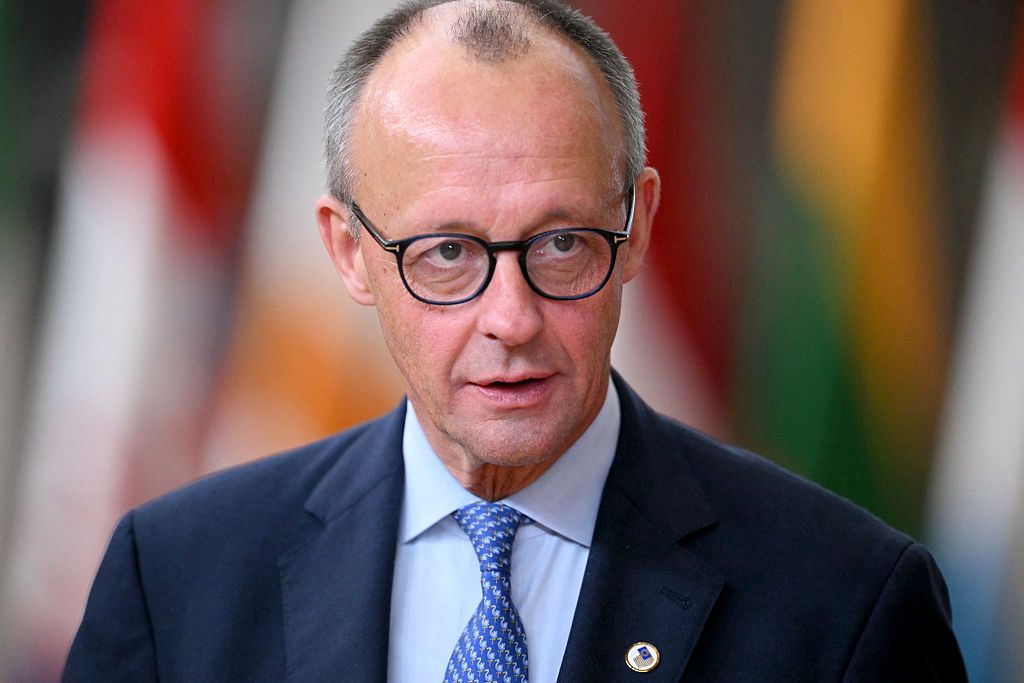It is not just the London Stock Exchange that has been suffering a relentless decline. It is happening right across Europe’s main bourses. There was a 15% decline in initial public offerings (IPOs) across the continent in the first half of this year compared with 2024, according to accountants EY. Measured by revenues raised, the decline was 50%. The bulk of the IPO market is now in the US, China, India and the emerging stock markets in the Gulf. Europe is falling behind. Just as in London, firms have been leaving the markets, or have been taken over, and very few new companies have been coming through to replace them.
German chancellor Friedrich Merz has a solution. “We need a kind of European stock exchange so that successful companies such as biotech firms from Germany do not have to go to the New York Stock Exchange,” he told the German parliament last week. “Our companies need a sufficiently broad and deep capital market so that they can finance themselves better and, above all, faster.” Instead of separate exchanges in Paris, Frankfurt, Milan and Madrid, a single unified bourse could list all of the continent’s major companies, offering a scale and depth to match New York.
MoneyWeek
Subscribe to MoneyWeek today and get your first six magazine issues absolutely FREE
Get 6 issues free
Sign up to Money Morning
Don’t miss the latest investment and personal finances news, market analysis, plus money-saving tips with our free twice-daily newsletter
Don’t miss the latest investment and personal finances news, market analysis, plus money-saving tips with our free twice-daily newsletter
Would a single European stock market fix anything?
The catch is that this is just the same old, tired formula of more integration that has dominated policy-making in all the major European countries for the last 30 years. It hardly begins to address the major issues facing every European stock market. Firstly, the whole of Europe has imposed far too many rules and regulations on listed companies. In the City, there are an endless series of governance codes to comply with, including diversity quotas for boards and restrictions on executives’ pay, but it is just as bad across the EU. Companies with more than 500 employees have to comply with rules on sustainability and supply chains that typically run to hundreds of pages. Each one might be well intentioned in itself, but taken together, they add to the cost and complexity of listing a company.
Secondly, crushing taxes and rules across the continent mean there are few new growing companies. The US has an estimated 700 tech unicorns, as start-up companies with a value of more than $1 billion are known, compared with fewer than 200 in the EU, despite the fact that it has a significantly larger population. Companies such as OpenAI and SpaceX have valuations that already run into the hundreds of billions, far larger than anything that is coming out of Europe. In short, Europe does not have nearly enough new companies, the ones that it does create don’t grow quickly enough, and even the handful that do emerge don’t find listing their shares very attractive.
It is hard to see how a single European stock market will do anything to fix any of that. It won’t mean that the listing requirements are less of a burden. In fact, given all the compromises that will be required to make it happen, and all the extra powers that are likely to be handed over to EU officials to regulate it, it will probably make them worse. And it won’t do anything to lighten the taxes or the regulatory overload that now makes it so much harder to start a business in Europe than it is in the US, the Gulf, or much of Asia. All it does is double down on the failed centralising strategy of the last 30 years. It would be far better to have national bourses competing to offer the most attractive forum for listing a company. Having a single stock market won’t make any difference.
This article was first published in MoneyWeek’s magazine. Enjoy exclusive early access to news, opinion and analysis from our team of financial experts with a MoneyWeek subscription.
Explore More

